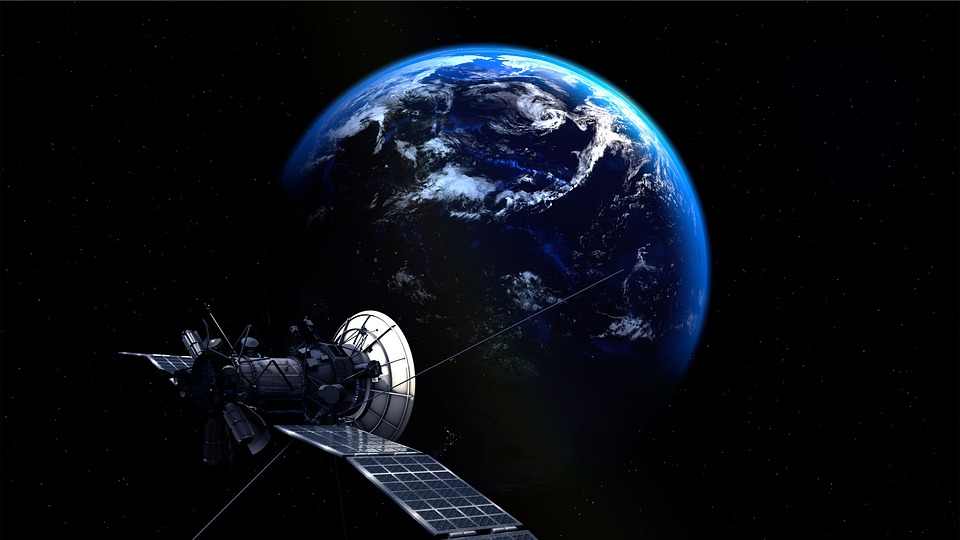 EMERGING TECH
EMERGING TECH
 EMERGING TECH
EMERGING TECH
 EMERGING TECH
EMERGING TECH
Satellite protection and space debris mapping startup LeoLabs Inc. today said it has raised an additional $29 million in new funding led by GP Bullhound. to help companies that operate in space expand their advanced artificial intelligence-powered insights.
The new funding is an extension of the company’s Series B round that brought in $65 million in June 2021. New investors joining the round included 1941 and Dolby Family Ventures. The extension was also backed by existing investors including Insight Partners, Velvet Sea Ventures, Space Capital, MDSV Capital, and the AngelList Syndicate led by Dylan Taylor. This new funding brings the total for the company to over $111 million.
Founded in 2015, LeoLabs builds and operates radar arrays across the globe capable of tracking satellites, space debris and other objects in low Earth orbit, which is an extremely coveted spatial orbital for launching and deploying satellites. In the past decade, the number of objects in this orbital has skyrocketed, making it a very cluttered space to deploy satellites into, collisions between objects in space can also be costly and seriously dangerous.
LeoLabs maintains a catalog of more than 20,000 objects using its low-latency radar providing critical information for space operations in that orbital. That makes it possible for companies that put satellites in that orbital to have early warning when their satellites may be at risk to take action before anything happens.
“With the unprecedented growth of satellites in low Earth orbit, enhanced safety and security solutions are critical,” said co-founder and Chief Executive Dan Ceperley. “We’ve built a responsive layer of artificial intelligence algorithms that turn the real-time data collected by our all-weather, 24/7 sensor network into continuous and reliable insights for space operators.”
The company uses AI-driven analytics alongside its comprehensive tracking database to provide a reliable and automated warning system for operators of satellite fleets of any size. It can also be used to hook into any setup to allow for collision avoidance that can provide real-time alerts in order to ensure operational safety.
Combined with the already existing tracking database, the analytics can also quickly locate and identify new launches. That includes unknown or unregistered launches from countries that don’t communicate about their space operations. Using its catalog, radar and AI insights, it can characterize unknown objects and analyze patterns of behavior to help identify new objects entering LEO to aid clients even if they are unregistered.
The company currently has phased radar arrays stationed across both hemispheres in Texas, Alaska, Costa Rica, Portugal, Western Australia and New Zealand. Another is an array currently under construction in Argentina.
The New Zealand installation, referred to as the Kiwi Space Radar, erected in 2019, is capable of detecting space debris as small as 0.79 inches across in the LEO space. When it was brought online, it was the first commercial space radar capable of detecting objects smaller than 3.9 inches. According to the National Aeronautics Space Administration, even these tiny pieces of space junk can reach speeds of more than 18,000 miles per hour, which is almost seven times faster than a bullet – making even the smallest pieces of debris a major problem for satellites.
At the beginning of this year, as part of designing a better path forward for launching and deploying space systems, the U.S. National Oceanographic and Atmospheric Administration’s Office of Space Commerce announced LeoLabs as an inaugural partner in an effort for traffic coordination for LEO space operations.
Support our mission to keep content open and free by engaging with theCUBE community. Join theCUBE’s Alumni Trust Network, where technology leaders connect, share intelligence and create opportunities.
Founded by tech visionaries John Furrier and Dave Vellante, SiliconANGLE Media has built a dynamic ecosystem of industry-leading digital media brands that reach 15+ million elite tech professionals. Our new proprietary theCUBE AI Video Cloud is breaking ground in audience interaction, leveraging theCUBEai.com neural network to help technology companies make data-driven decisions and stay at the forefront of industry conversations.